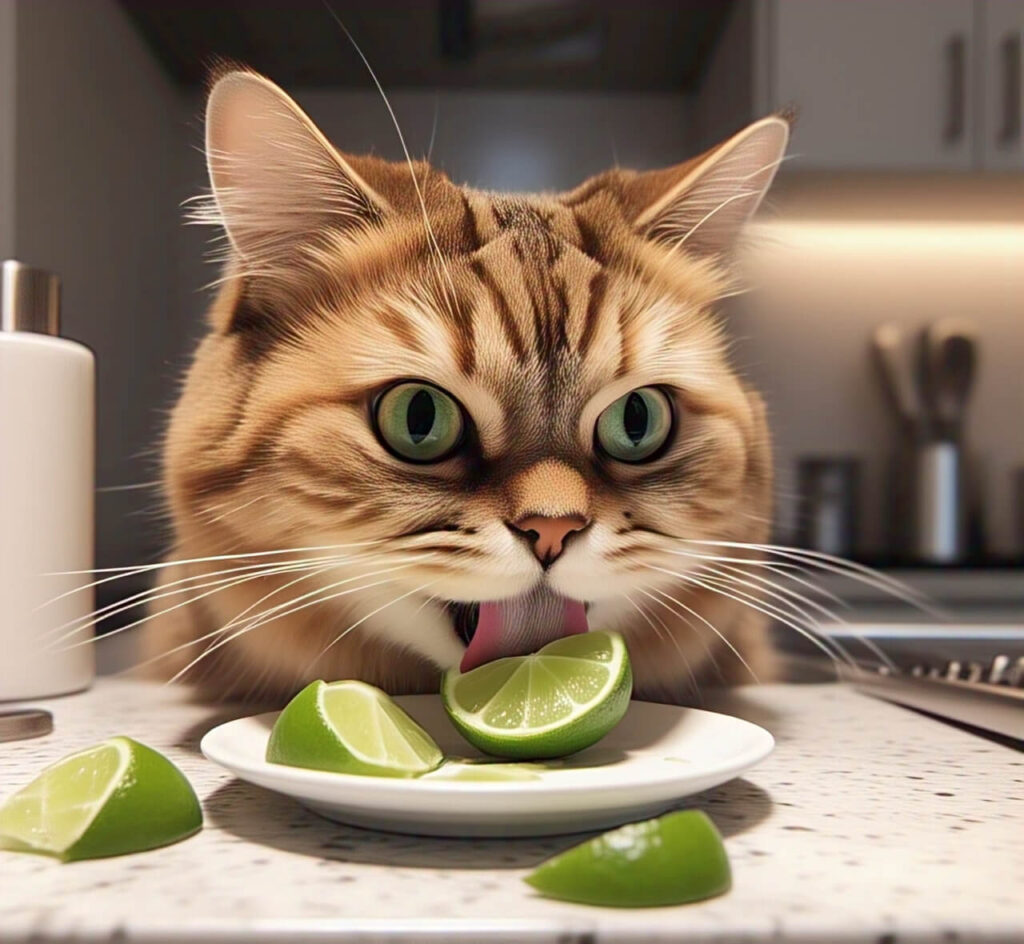If you’ve ever asked yourself can cats taste bitter, you’re tapping into a fascinating aspect of feline biology. Cats have very different taste buds compared to humans, which affects how they perceive flavors like bitter, sweet, and sour. Understanding whether cats can taste bitter-and how this influences their food choices-can help you make better decisions about their diet and health. In this article, we’ll explore the science behind cats’ ability to taste bitter, and also discuss if cats can taste sweet or sour flavors.
Table of Contents
The Unique Taste Buds of Cats
Cats are obligate carnivores, meaning their diet in the wild consists almost exclusively of meat. This evolutionary trait has shaped their taste buds to prioritize certain flavors that are important for survival.
How Many Taste Buds Do Cats Have?
While humans have about 9,000 taste buds, cats have only around 470. This smaller number means cats experience taste differently and are less sensitive to a wide range of flavors. Their taste buds are specialized to detect flavors relevant to their carnivorous diet.
Types of Taste Receptors in Cats
Cats have receptors for:
- Bitter
- Sour
- Salty
- Umami (savory/meaty flavors)
Interestingly, cats lack functional receptors for sweetness, which is quite rare among mammals.
Can Cats Taste Bitter?
The answer is a resounding yes-cats can taste bitter, and they are particularly sensitive to it.
Why Are Cats Sensitive to Bitter Flavors?
Bitter taste often signals the presence of toxins or harmful substances in nature. For survival, cats have evolved to be highly sensitive to bitter compounds to avoid ingesting poisonous plants or spoiled food.
How Does Bitter Taste Affect Cats’ Behavior?
- Cats often reject foods or medications that taste bitter.
- This aversion helps protect them from consuming harmful substances.
- It can make giving medicine challenging, as many drugs have a bitter taste.
What Does This Mean for Cat Owners?
- Avoid feeding your cat foods with bitter flavors.
- When administering medication, consider flavor-masking options recommended by veterinarians.
- Be cautious about plants or household items with bitter tastes that your cat might try to chew.
Can Cats Taste Sweet?
While can cats taste sweet might seem like a simple question, the answer is quite surprising: cats cannot taste sweet flavors.

The Science Behind Cats’ Sweet Taste
Cats lack a functional gene called Tas1r2, which is necessary for producing sweet taste receptors. This genetic mutation means cats do not perceive sweetness at all.
Implications of Lack of Sweet Taste
- Cats are indifferent to sugary foods and treats.
- They do not crave sweets like humans or dogs.
- This explains why cats typically ignore fruits or sweets.
What Should Cat Owners Know?
- Avoid giving your cat sugary human foods; they won’t enjoy them and they can be harmful.
- Focus on protein-rich, savory foods that appeal to your cat’s natural preferences.
Can Cats Taste Sour?
Cats can taste sour, but their reaction to sour flavors is different from humans.

How Do Cats Respond to Sourness?
Sour taste usually indicates acidity, which can signal spoiled or fermenting food. Cats use this sense to avoid potentially harmful foods.
Do Cats Like Sour Flavors?
Generally, cats avoid sour tastes. They might investigate a sour item out of curiosity but usually will not consume it.
Why Is Sour Taste Important?
Detecting sourness helps cats stay safe by steering clear of spoiled food or substances that might upset their stomachs.
Summary of Cats’ Taste Perception
| Flavor | Can Cats Taste? | Reaction/Preference |
|---|---|---|
| Bitter | Yes | Highly sensitive; strong aversion |
| Sweet | No | Indifferent; no attraction |
| Sour | Yes | Detects sourness; usually avoids |
| Umami | Yes | Strong preference; savory/meaty |
| Salty | Yes | Can taste salt, but less important |
Practical Tips for Cat Owners
Feeding Your Cat
- Choose high-protein, meat-based foods that cater to cats’ preference for umami flavors.
- Avoid offering sugary or sweetened treats.
- Be mindful of bitter or sour flavors in homemade foods or medications.
Administering Medicine
- Use flavor-masking gels or compounded medications to reduce bitterness.
- Consult your veterinarian for advice on making medicine more palatable.
Understanding Your Cat’s Behavior
- If your cat refuses certain foods, bitterness or sourness could be the cause.
- Respect your cat’s natural taste preferences to maintain a healthy diet.
Conclusion
So, can cats taste bitter? Absolutely. Cats have a strong sensitivity to bitter flavors, which helps protect them from toxins and harmful substances. They also can taste sour, though they usually avoid it. However, cats cannot taste sweet, which explains their lack of interest in sugary foods. Understanding these differences in taste perception can help you provide a diet that suits your cat’s natural preferences and keeps them healthy and happy.
For more insights into your feline friend’s behavior, diet, and health, keep following PetsLoverOnly for expert advice and tips!
- Coughing in Cats: Causes, Symptoms, and When to Seek Help
 As a cat owner, few sounds are as concerning as the unexpected hack or wheeze from your … Read more
As a cat owner, few sounds are as concerning as the unexpected hack or wheeze from your … Read more - Torbie Cat: The Unique Blend of Tortoiseshell and Tabby Patterns
 Introduction The torbie cat combines the best features of both tortoiseshell and tabby patterns, creating one of … Read more
Introduction The torbie cat combines the best features of both tortoiseshell and tabby patterns, creating one of … Read more - Paraphimosis in Dogs: Causes, Home Treatment, and Veterinary Care
 Paraphimosis in dogs is a distressing and potentially serious condition where a dog’s penis becomes stuck outside … Read more
Paraphimosis in dogs is a distressing and potentially serious condition where a dog’s penis becomes stuck outside … Read more - How to stop dog from licking paws home remedy?
 You’re sitting on the couch, enjoying a quiet evening, when suddenly slurp, slurp, sluuuurp. You glance over … Read more
You’re sitting on the couch, enjoying a quiet evening, when suddenly slurp, slurp, sluuuurp. You glance over … Read more - Why Do Female Dogs Hump? Unraveling the Mystery with a Smile
 If you’ve ever watched your female dog suddenly start humping, you might have found yourself wondering, “Why … Read more
If you’ve ever watched your female dog suddenly start humping, you might have found yourself wondering, “Why … Read more
